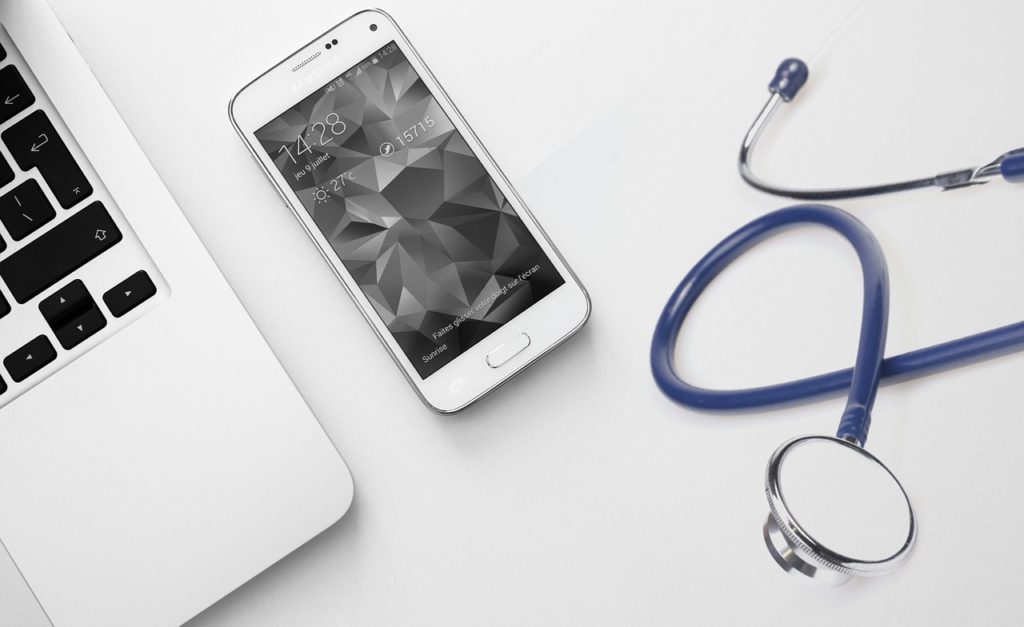When in nursing school beyond, nurses learn a myriad of skills. From early skills such as handwashing and transfers to the later skills of IV insertion and central line care, there is much to learn. Product development in healthcare is a constant. The nurse must always be learning new techniques. But there is one skill that is far more important than any other. Not all may see this as a skill but I’m talking about assessment. Once thought to be the role of only the physician, nurses of today must rely on strong assessment skills.

Assessment combines communication and observation. Components of the comprehensive health assessment include history taking and physical assessment. It requires detailed questioning and the use of tools at times (stethoscope, reflex hammer, etc.). But the assessment often is done without any tools in a short amount of time. The nurse uses these skills throughout each day. Patient safety and positive outcomes rely on nurses who can expertly use assessment skills to care for their patients.
Nurses use critical thinking and prioritization to determine the types and detail of assessments needed. The use of all senses will provide the nurse with a detailed picture of the patient. From the time a nurse first meets a patient, observation and communication play a huge role in determining the patient’s condition and the care needed. In one glance, the nurse can determine the patient’s alertness, demeanor, mood, level of eye contact, skin color, body position, and comfort level. Within a few more minutes, almost the entire physical and mental status can be determined. The nurse will know whether the patient can rest safely and comfortably or requires immediate attention.
For new nursing students, learning to administer an injection or manage IVs may look more exciting than listening to a person’s lungs or feeling (palpating) for swelling. However, determining if a patient is improving or deteriorating depends on the assessment skills. Also, deciding on whether to administer an injection or whether or not an IV is infusing safely depends on assessment skills. The nurse’s day is scheduled depending on the initial patient assessments.

Nurses are seeing more acutely in patients in all settings. As the workload of each nurse increases, becoming efficient in a thorough patient assessment is vital. Advanced practice nurses take courses in advanced assessment skills to prepare for further responsibility in patient care. Ongoing education in assessment is also available to nurses through the workplace and many nursing organizations offer continuing education for healthcare professionals.
Nursing is an action-oriented profession requiring many skills. Developing strong assessment skills is the basis for quality nursing practice. The collection of assessment data along with knowledge of various health conditions will allow the nurse to provide evidence-based care. Nurses must focus on the development of expert assessment skills. This is a focus on clinical practicum in nursing education and continuing education in the nursing profession. Expert assessment skills are a priority for nursing practice.
Do you agree? Please add a comment below.

